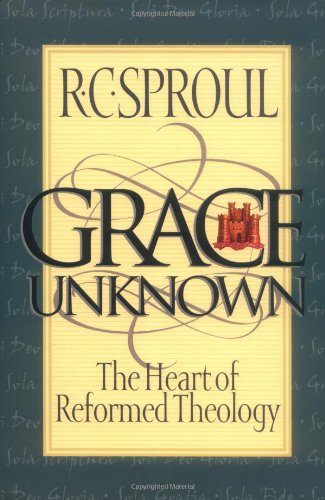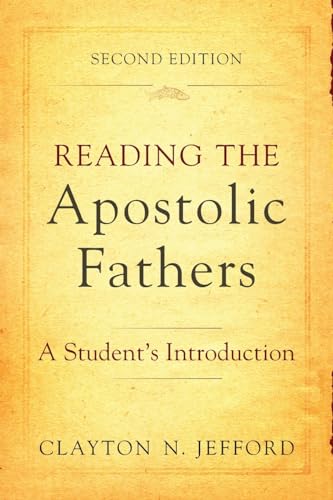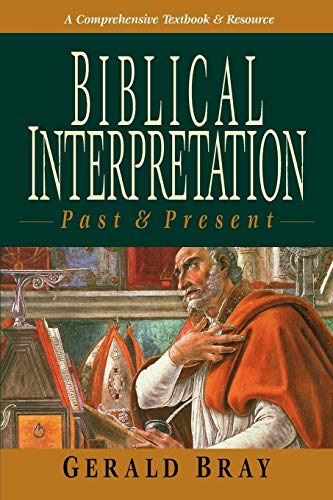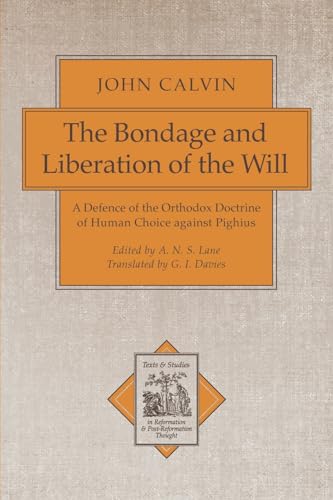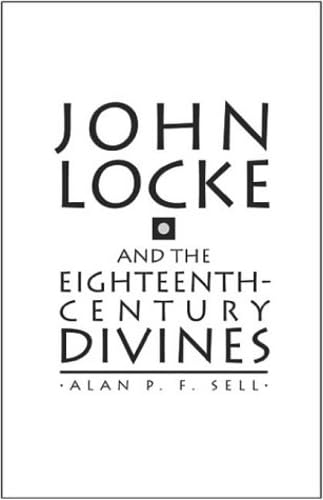Whereas elsewhere Sproul has written on the particulars of Reformed theology, he attempts in this volume to provide a single coherent introduction to the subject. Sproul’s aim throughout is not to provide a textbook but a shorthand account of the essence of Reformed theology, covering the fundamental doctrines, key theologians and historic deposit of the Westminster Confession. The main body of the text is prefaced by a chapter on Reformed theology as a theology not a religion, because it has to do with God’s revelation of himself in nature and Scripture (the latter alone being sufficient for knowledge of salvation) and not anthropology. Even though Sproul says that Reformed theology is a theology he does not mean that it is one among many, but rather that it is the best theology. The book neatly divides into two sections of five chapters, the first covers the foundations of Reformed theology, Centred on God, Based on God’s Word Alone, Committed to Faith Alone, Prophet, Priest and King, and Covenant Theology; these are followed by the five points, not in the acrostic form, but as: humanity’s radical corruption, God’s sovereign choice, Christ’s purposeful atonement, the Spirit’s effective call, God’s preservation of the saints.
The insistence on God’s sovereignty and our need of humility before him is healthy and is furnished with some impressive quotations from Calvin. Sproul carefully defines the meanings of infallibility and inerrancy and is not afraid to criticize the reluctance of evangelical scholars in using the latter as semantic shuffling for respectability. Sproul concedes that inerrancy is not a label derived from the historic Reformers, but from Luther’s writings he shows that the concept was not alien to them. The chapter on justification is a paring down of his book on the subject, and is intended to show what is involved in forensic justification, imputation and saving faith. Sproul points out the dissimilarities between Rome and the Reformers and is careful to accurately represent the Catholic teaching, ending with Luther’s caution on justification, ‘I greatly fear that after we have laid our head to rest it will soon be forgotten’ (p. 78). The three-fold office of Christ, in chapter four, is strangely begun with the Christology of Nicea and Chalcedon and the implications of these for Luther and Calvin’s disagreement over the presence of Christ at the communion. I hoped that this episode would find a place in the book and although it seems to interrupt the structure it is useful reading. The explanation of covenant theology is a weak point, and Sproul castigates but does not responsibly engage with Dispensationalism. Three major covenants are outlined: between the Persons of the Trinity in eternity, God and Adam, and the post-fall covenant of grace. Although the mechanics of a covenant are shown, more should have been said from Scripture, particularly since with Noah, at Sinai, with David, and through Jeremiah, the stream has diversity in unity.
The second half of the book is an articulation and defence, particularly from popular evangelical assumptions, of the so-called five points of Calvinism. Throughout Sproul consistently seeks to demonstrate from Scripture human inability, election and reprobation, the definite atonement, regeneration and perseverance. Objections to these doctrines are anticipated and dealt with, leaving readers to wrestle with, and submit to, Scripture (particularly good for the reader new to the subject). I was slightly disappointed with the chapter on ‘Christ’s Purposeful Atonement’ where Sproul relies heavily on John Owen and does not free the doctrine from the accusation of being a product of Puritan logic.
With the exception of one or two generalisations and a need for better referencing the book does achieve its aims and should provoke and promote a response in the academic and spiritual lives of those it is intended for.
Martin Downes
Cardiff


